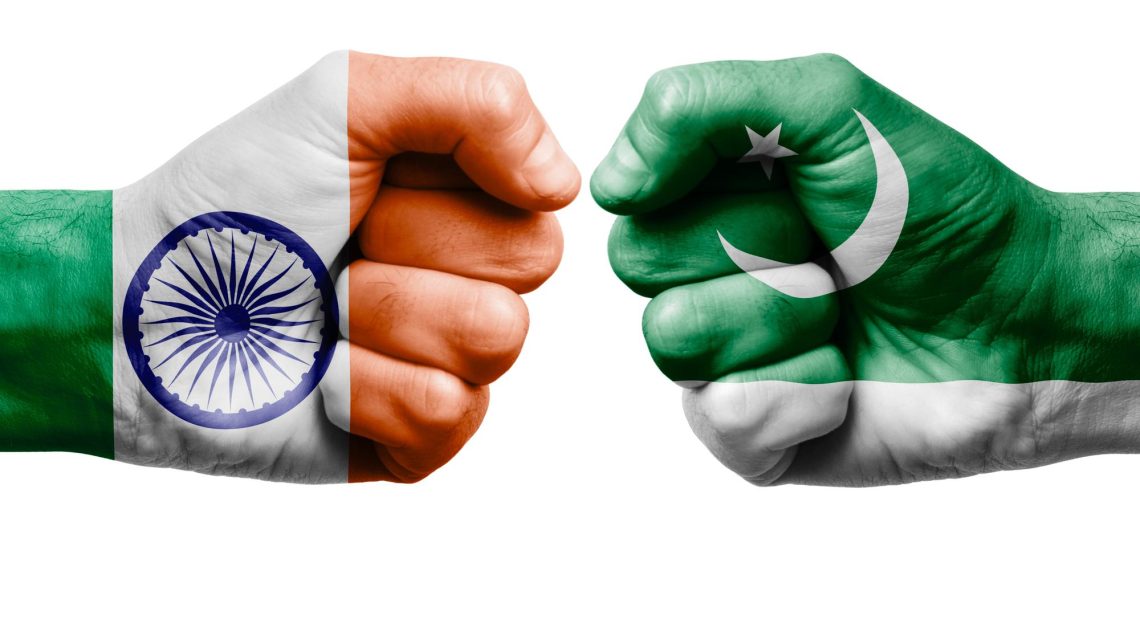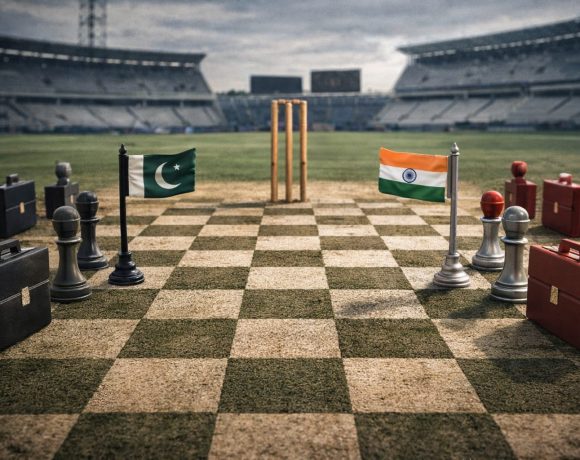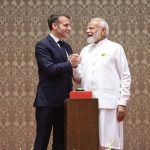
Empty Gestures, Full Grounds: The Hypocrisy of India-Pakistan Cricket
The Asia Cup 2025 clash between India and Pakistan ended with more than just runs and wickets. While India registered a convincing victory, the match was overshadowed by symbolic gestures that were meant to signal defiance but left many questioning their real value. Indian players refused to shake hands with their Pakistani counterparts before and after the match, and captain Suryakumar Yadav dedicated the win to the victims of the Pahalgam terror attack and to the armed forces. These actions made headlines and carried emotional weight, but the larger question remains: can symbolic protests carry the same weight as concrete action, such as boycotting the match altogether?
Symbolism has its place in sport, and history is filled with examples of political statements made on the field. The refusal to shake hands was a visible sign of protest, one that resonated strongly with Indian audiences still mourning the Pahalgam victims. The dedication of the victory added a moral layer to the performance, linking cricket with national grief and solidarity. Yet symbolism without substance risks becoming theatre — a way to appease domestic sentiment while maintaining business as usual.
A boycott would have carried far greater significance. Denying Pakistan the platform of playing against India means denying them revenue, legitimacy, and the global attention that comes with cricket’s most high-profile rivalry. India has precedent to act: bilateral cricket has been frozen since 2012, and history shows sporting boycotts can work. Apartheid South Africa’s isolation is a textbook case of sports being used as a tool of moral and political pressure. By contrast, India’s current approach lets Pakistan enjoy the benefits of full stadiums and broadcast revenues while claiming a symbolic victory through defiance gestures.
The contradiction is glaring. Playing the match ensures that contractual obligations to broadcasters are met, sponsors get their exposure, and Pakistan Cricket Board pockets its share of revenue. The refusal to shake hands becomes a side-show when the real business of cricket carries on unaffected. Such halfway protests risk trivializing the sacrifice of victims, reducing national grief into a televised act rather than a policy stance.
This contradiction extends into policy. The Indian government maintains a hard line on terrorism, regularly accusing Pakistan of backing violence in Kashmir and beyond. Yet when it comes to cricket, the government and BCCI tread softly, citing ICC obligations and the sanctity of sports. The result is an uncomfortable inconsistency: diplomatic ties are frozen, trade is curtailed, but cricket remains the exception. This dual posture suggests that when money and ratings are at stake, principle takes a backseat.
Supporters of the status quo argue that boycotts hurt players, deprive fans, and could make India look like a disruptor in global tournaments. They point to the need for diplomacy even through sport. But such arguments ring hollow when set against the lives lost in terror attacks. Entertainment and revenue cannot outweigh the principle that a country should not share the field with one that harbors forces striking at its citizens.
In the end, India cannot claim to protest while still filling stadiums against Pakistan. Empty gestures like refusing handshakes or dedicating wins may satisfy optics, but they do not alter the underlying reality that cricket with Pakistan continues to thrive. If India truly wishes to send a message, it must move beyond symbolism. Real protest does not come from withholding a handshake; it comes from withholding participation. Only then will cricket carry the weight of the nation’s conscience.


















